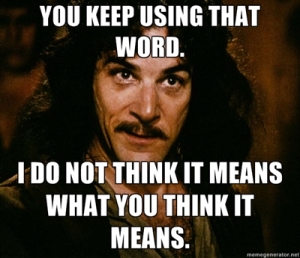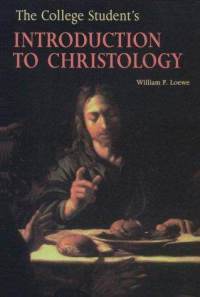 My alma mater’s president shared this update on Facebook this evening:
My alma mater’s president shared this update on Facebook this evening:
Good evening, Friends.
Moments ago we received word here in my office of the home-going of former VFCC President (1985-1996), Wesley Smith. His son, Wes, just called to let us know that his passing was quite sudden. Let’s join in prayer support for the entire family that God’s great grace and peace will be ministered to the entire Smith family at this challenging time.
My wife saw it first and told me about it. I am taken aback, not entirely from the surprise of Smith’s sudden passing, but from the amount of sadness I feel about it. This wasn’t a man I was incredibly close to, or whose classes I eagerly signed up for every semester (I only ever took three classes with him). Several of my friends spent far more time with him than I, yet I find, in spite of these limited experiences, that I was deeply impacted by the time I spent with him, inside and outside of the classroom. Therefore, being a broken millenial (as my wife says), I feel the need to reflect on my time with this man and, of course, post about it on the internet.
I first took classes with Smith when I started Greek my sophomore year. He had been hired in place of the last professor, and I had no idea what I was getting into. Indeed, I did learn a good bit of Greek (when I paid attention), but I also had the wonderful privilege of listening to a man rich with wisdom, wit, and deep passion for teaching, storytelling, and for his faith. Just about every five minutes of class he would remember some story from General Council, or from a church he pastored. My favorite was the one where a woman came up to him and informed him that God had told her that he was to be married to a young woman who attended the church. Too bad for her (and for God); he was already married!
The other class I took with Wesley Smith was on the Early Church, something I was gaining interest in with every new book or article I read on the subject. In addition to more great stories, I learned about the tumultuous times the church was born into and suffered through, be it from outside influences or interior arguments (According to Smith, you could hardly sneeze in the early church without being called a heretic; our reading proved him right). I learned about Origen, Clement of Alexandria, Justin Martyr, Ignatius of Antioch, and so many other amazing men (and women) who were instrumental in the foundation and building of the church.
Smith pushed us to think outside of our little A/G bubbles, even taking us to a Maundy Thursday service at Westminster Presbyterian Church, an experience I will never, ever forget. The solemnity, the quiet reflection, the removal of the candle from the sanctuary as the bells tolled above us. The experience was nothing short of transcendental for me.
Beyond these short periods of time, I never got to know Smith much further. I would pass him on campus; he would smile, and I would return the favor. The last thing that struck me about him, however, the one thing that will always stick out about him to me, was that he read four books a day. Every single day. Four books. It became clear to me, when I learned this, where he obtained and added to his wealth of knowledge, and how he kept his mind sharp, even in his advanced years. This, accompanied by his cheerful repose, his deep passion, and love for God inspires me even now.
The world today has lost a profound and wonderful man, who worked to usher in the Kingdom of God with each minute of his day. His friends, his family, his students, all who knew him will (I hope) carry on the torch that he carried for so long. Today he entered Paradise, and I look forward to the day where Heaven and Earth are joined once more, where we can rejoice with the Lord together. May his legacy continue until that day, and may I carry his torch.

